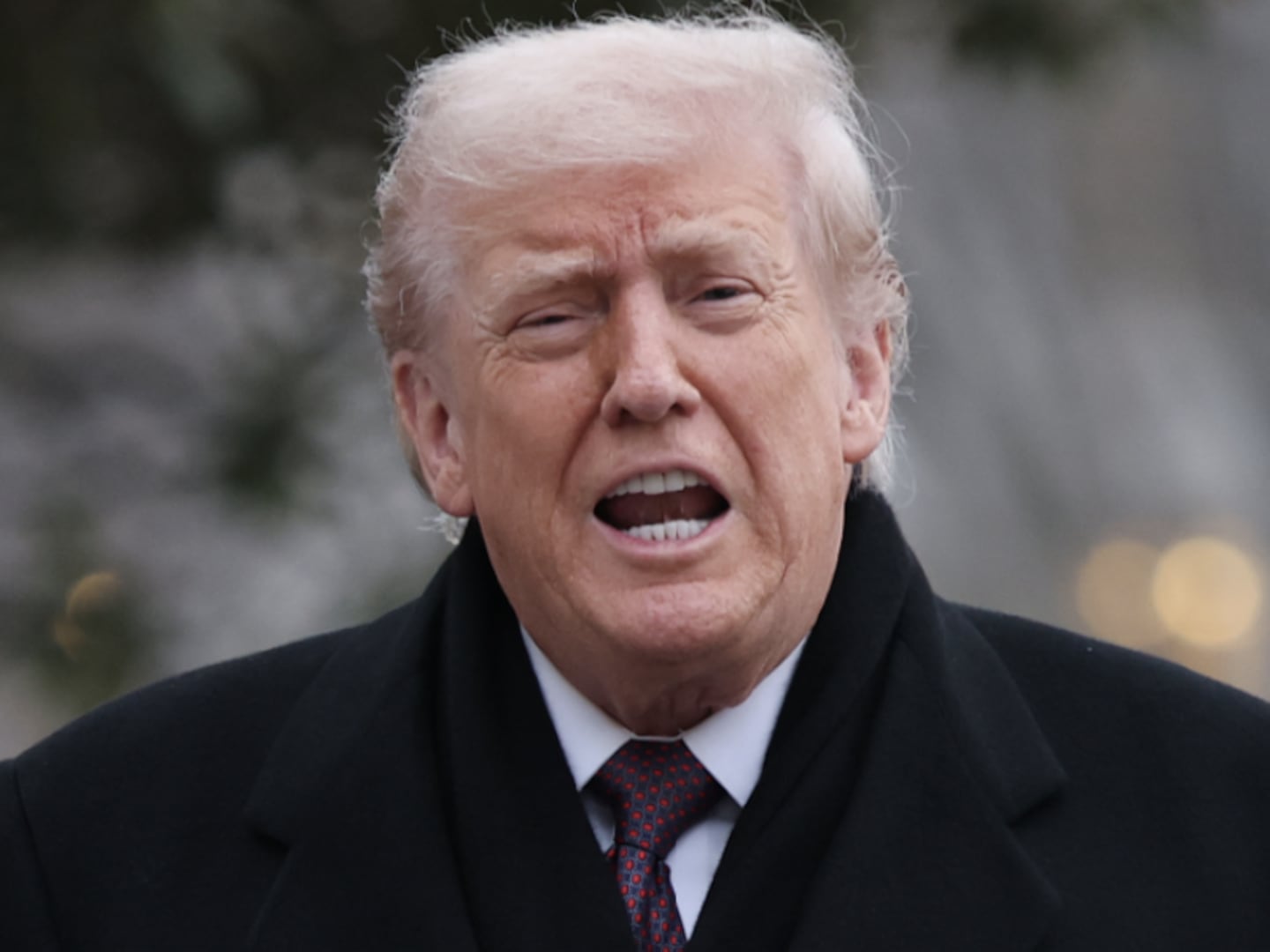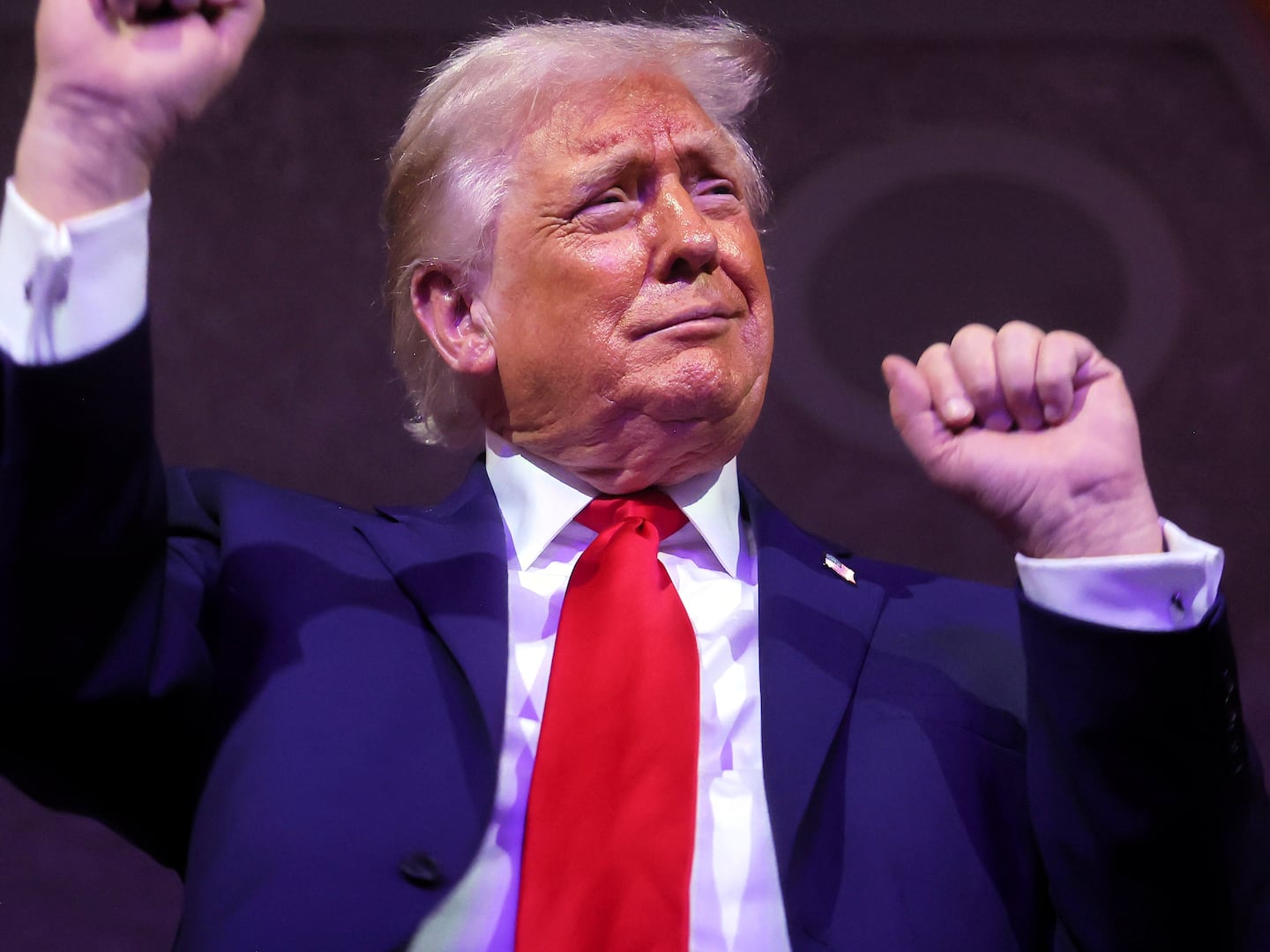Ryan Wesley Routh, the man suspected of trying to kill former President Donald Trump on a Florida golf course, will have his case handled by Trump-appointed federal district Judge Aileen Cannon, who at one point oversaw a case concerning Trump’s alleged mishandling of classified documents.
Cannon ultimately threw out the case earlier this year following a recent Supreme Court decision that held presidents have immunity for official acts taken while in office.
In a new indictment filed on Tuesday, Routh was charged with attempted assassination of a major presidential candidate—a charge that comes with a maximum term of life in prison and fines up to $250,000.
Routh was also charged with assaulting a federal officer, with the indictment charging him with trying to “assault, oppose, impede, intimidate, and interfere” with an unnamed Secret Service agent.

Ryan Routh, seen at a 2022 protest supporting the Ukrainian military in Kyiv.
YELYZAVETA SEVATYNSKA/SUSPILNE UKRAINE/ReutersThe 58-year-old would-be shooter was initially only charged with firearms offenses—possessing a weapon as a convicted felon and possessing a weapon with the serial number filed off. The new charges were added on Tuesday, according to court documents.

Investigators mark the crime scene outside of the Trump International Golf Club in West Palm Beach, Florida after the alleged assassination attempt against the former president.
Giorgio Viera/ReutersIn a separate pretrial detention memo filed on Monday, prosecutors said Routh’s cellphones were picked up by cell towers near Trump’s golf course in West Palm Beach and his residence at Mar-a-Lago “on multiple days and times” in the month leading up to the failed shooting in September.
The memo also released evidence of a hand-written note Routh left before the incident, seemingly confessing to plotting to kill the Republican nominee.
“This was an assassination attempt on Donald Trump but I failed you,” the note reads. “I tried my best and gave it all the gumption I could muster.”
In a strange twist of fate, Routh’s case will now be overseen by Judge Cannon—the Trump-appointed South Florida federal judge who previously oversaw and dismissed the mishandling of classified documents case against the former president.
Cannon’s conduct during the documents case and her reasoning behind dismissing the case have been widely scrutinized. Special Counsel Jack Smith, who brought that case and the separate case of election interference against the former president, has since appealed the ruling, which he claims would call into question how the Justice Department has handled appointing special counsels for decades—including those that investigated the Iran-Contra scandal in the 1980s and the Clinton Whitewater scandal in the 1990s.







